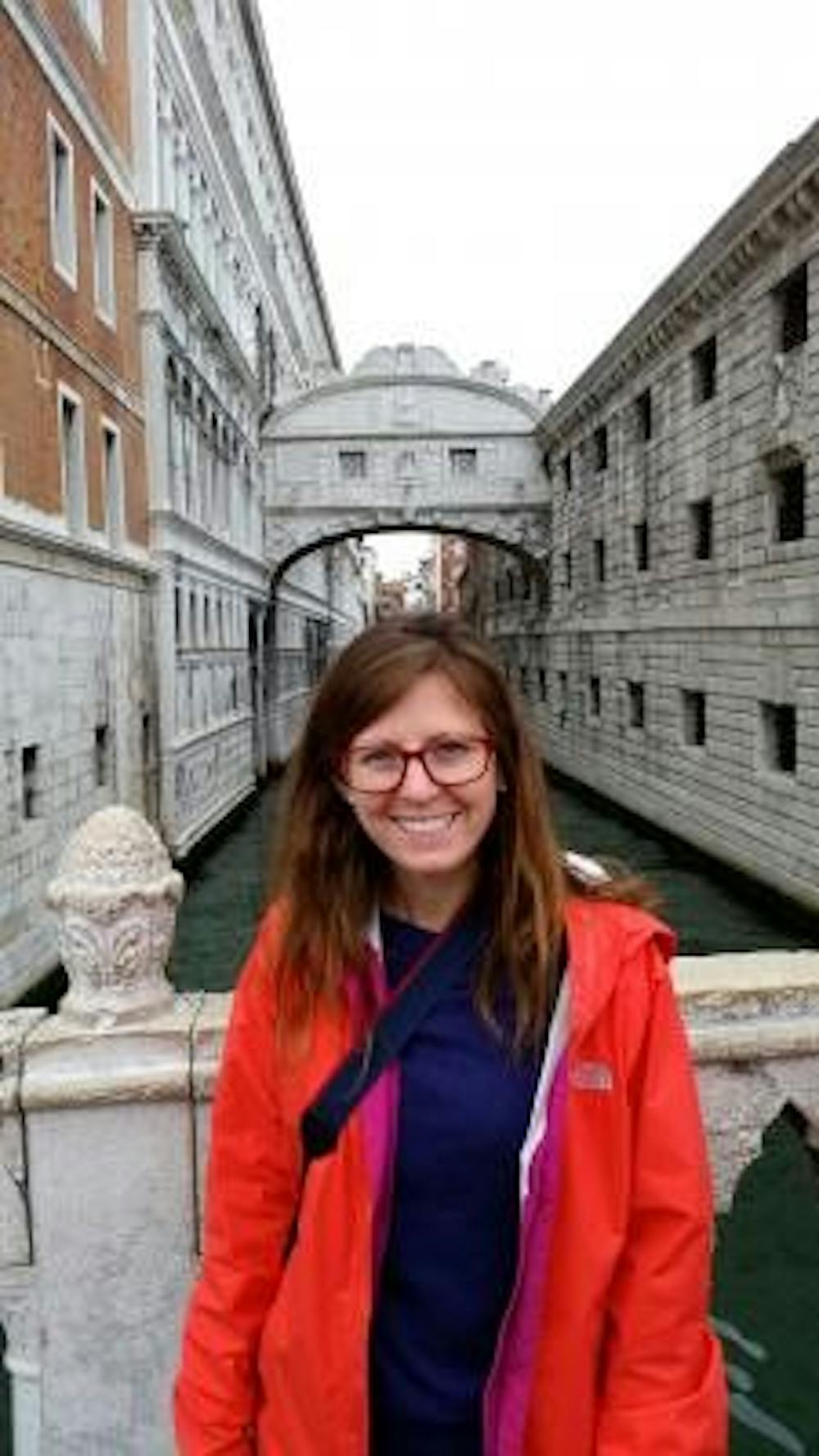Also, I started it when I was in my early to mid-twenties and a lot of my friends or people I know were beginning to pair off or find relationships, and so, this idea of pairs actually led me to the Noah, the Biblical story.
In recent years I’ve also been looking for baby gifts for friends. The interesting thing is that Noah’s Ark is a really popular image in culture for nurseries and children’s rooms and showers, and it seems like a really kid friendly story because it has animals and rainbows and doves. I thought this was interesting because it’s actually a story about the destruction of the world. It’s really dark.
I wanted to explore some of those darker themes. I wanted to write a book that was a study of relationships — different kinds of pairs, and I wanted to re-work an old, old story. These three things together brought me to "Noah’s Wife."
DTH: What does your writing process look like?
LS: On a daily level, I like to write in the morning. I think a lot about stories when I’m exercising or running or swimming — that’s when a lot comes to me. And through conversations. I’m definitely a writer who relies on friends and family to talk through ideas and get inspiration. A lot of times I don’t know what my character should be doing and so I ask someone else. I found community to be very important with that.
DTH: Along those lines, it sounds like community is emphasized in the novel. How do you define community?
LS: I feel like community is always changing, and communities are always changing. That is, actually, an important part of the book.
It’s about a small town where it’s been raining everyday for as long as anyone can remember. A lot of people have left, and some people have stayed. Now that the rain is getting worse, the question is, “Should we stay or should we go? Our families are here. Our lives are here. This is all we’ve ever known. Our histories are here. How do we pick up and leave those things behind?”
It looks at what binds people together, the forces that bind people together and what the forces are that drive people apart. Why do some marriages and friendships last, and why do some drift apart?
DTH: What advice do you have for young writers?
LS: Two pieces of advice. One is perseverance — stick with it. I think there are so many talented writers in the world. I had a stroke of good luck to be picked up by a really good publishing house, but I think a lot of writers give up too early. Keep at it, don’t let rejection bring you down.
The other thing is to find a community of people, a group of people, who really believe in you and support you. Like I said, I definitely could not have written this novel alone.
To get the day's news and headlines in your inbox each morning, sign up for our email newsletters.
DTH: Is there anything else you want the UNC community to know about you?
LS: I’m a graduate student at UNC, but I also teach classes, writing and lit classes. But I’ve just been really inspired by my students and how creative, respectful and curious they are. So I guess I kind of want to give a shout out to them.
@catealspaugh
arts@dailytarheel.com



